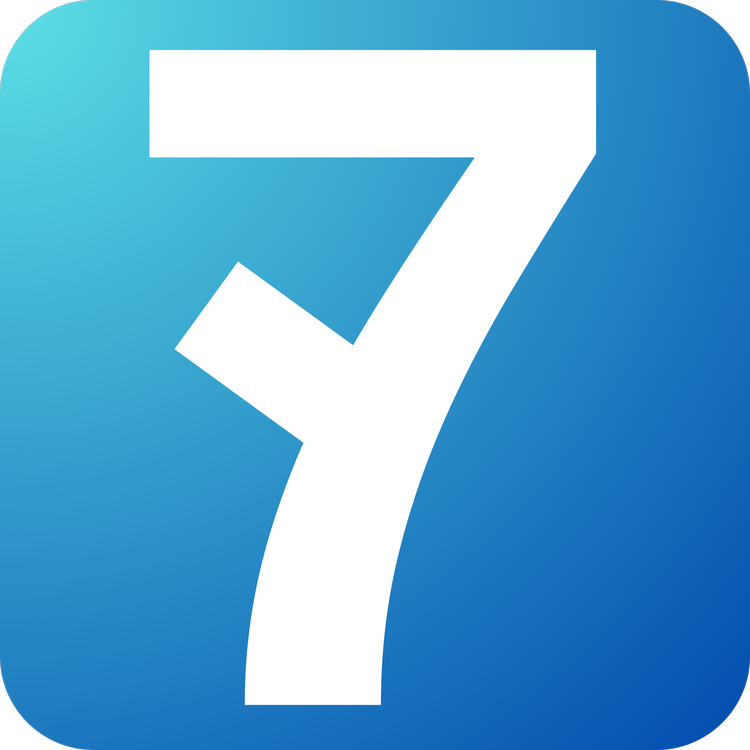This is the story of how I got one of the world’s most famous science communicators and my role model to speak at my college.
Every homecoming fall my college has the president’s distinguished lecture. This event fills the biggest auditorium on campus with people like Bill Nye the science guy, astrophysicist Neil DeGrasse Tyson, and physicist Michio Kaku.
So who should be next after these all-stars? I knew there was a person I was dying to meet. Someone I and millions of others had seen every Tuesday after school on the Discovery Channel. Someone I knew the crowds of Mines students would show up for. The Mythbuster Adam Savage.
It's time to be strategic. I asked around to discover the process of how the lecturer gets decided. Turns out, the students vote to get a list of possibilities, which later get decided on. Finally, the executive in the president’s office for special events does some magic to reach out and organize it almost nine months in advance. Suddenly an idea hit me. The school may decide through student polls who should come but it is ultimately the special events coordinator’s decision because she does the work.
Now, if I had done nothing would Adam Savage have been the distinguished lecturer my senior year? The answer is definitely a maybe. But talking to the events coordinator a year in advance every week about how Adam Savage would create a huge turnout led to me meeting one of my idols.
:: When you want something to happen convince the doer over the decision maker ::
